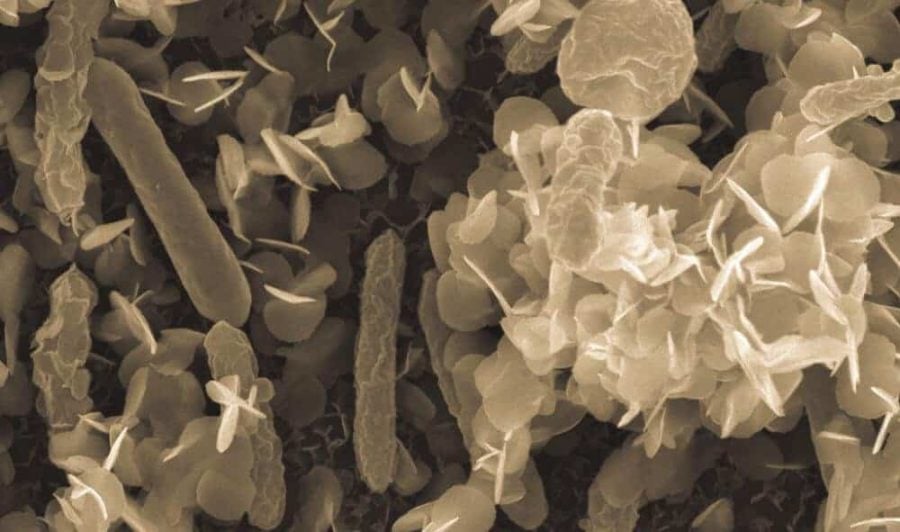Researchers have revealed that the colonization of the gut of young mice by certain types of bacteria can lead to immune responses later in life that are linked to disease. Increases in the levels of segmented filamentous bacteria can trigger changes in the lymphoid tissue of the mouse gut that result in the production of antibodies that attack components of the cell nucleus. This type of damage is a hallmark of autoimmune diseases like systemic lupus erythematosus and systemic sclerosis where organs throughout the body are damaged by wayward immune responses. The findings are published in The EMBO Journal.
“Our results demonstrate how gut health in young animals may be linked to autoimmune disease in older animals,” says Dirk Elewaut, Professor at Ghent University Hospital in Belgium and VIB Inflammation Research Center, Ghent University, Ghent, Belgium who is one of the lead authors of the study. “The microbiome of the young mouse impacts a loss of tolerance of the secondary immune system against proteins in the nucleus of the cell. The attack of certain proteins by the body’s own immune system can subsequently lead to tissue damage and disease.”
The researchers used mice in which secondary lymphoid organs were lacking for their studies. Secondary lymphoid organs include lymph nodes, tonsils, spleen and other structures where lymphocytes, the white blood cells that play essential roles in the body’s immune system, are activated. The mice were produced by interfering with lymphotoxin and Hox11, two essential proteins involved in the autoimmune response of animals. The scientists showed that approximately one quarter of mice modified in this way spontaneously developed antibodies that would attack components of the cell nucleus. This increase in undesired, self-inflicted immune reactions was influenced by the presence of segmented filamentous bacteria in the gut of younger mice. Segmented filamentous bacteria are clostridia-related microorganisms found in the gut of many animals including mice, rats and humans.
“We have demonstrated a link between the microbiome of young mice and the later onset of autoimmune disease,” says Elewaut. “Further work is needed to establish the precise molecular mechanisms that leads to the onset of diseases like systemic lupus erythematosus and systemic sclerosis in humans but we now have a new path of enquiry that we can pursue and look for potential interventions.”


